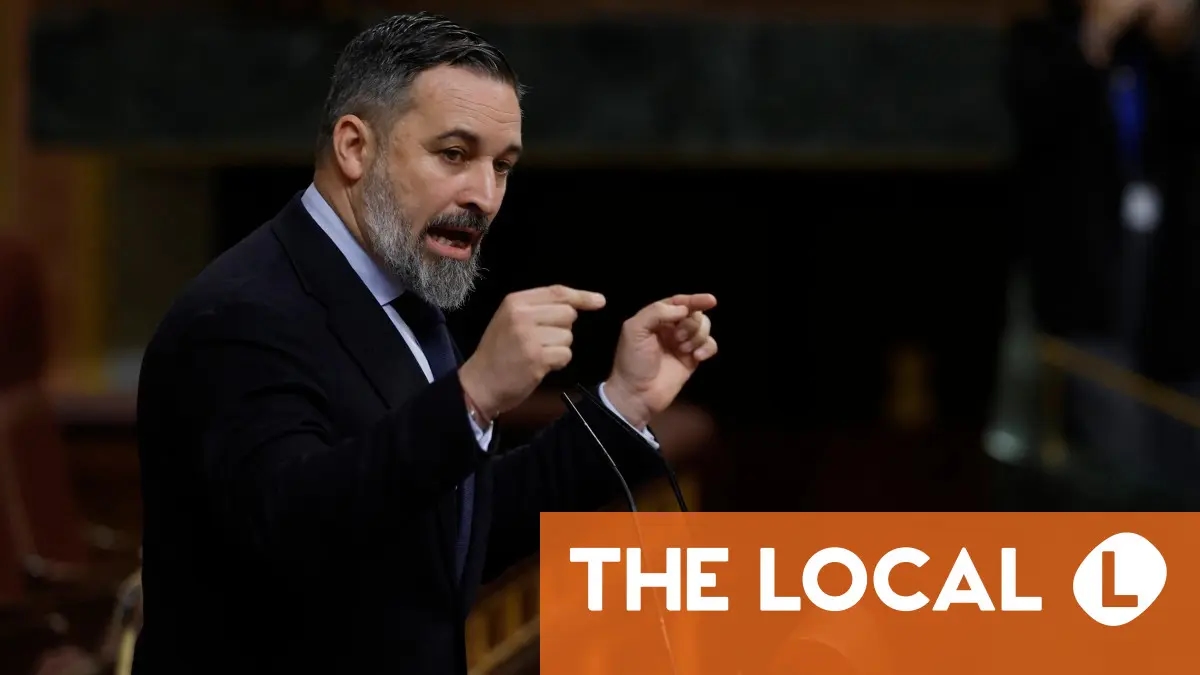Why Spain faces an uphill battle to cut military ties with Israel

Spain's drive to cut military ties with Israel over the devastating war in Gaza will face formidable hurdles as cutting-edge Israeli technology is embedded in the armed forces, experts say.
Socialist Prime Minister Pedro Sánchez announced earlier this month a package of measures aimed at stopping what he called "the genocide in Gaza", including an arms embargo.
The leftist government said it had already stopped buying weapons from or selling them to Israel since the outbreak of the war, sparked by an unprecedented Hamas attack on Israeli soil on October 7th 2023.
But Sánchez, one of the most virulent critics of Israel's offensive, said the new measure would "consolidate in law" the embargo.
A decree detailing the terms of the embargo is due to be approved by cabinet on Tuesday.
The leftist government has already terminated a contract worth nearly €700 million ($825 million) for Israeli-designed rocket launchers.
The cancellation of a deal valued at €287 million for 168 anti-tank missile launchers, which were to be manufactured under licence from an Israeli company, has also been formalised.
Quest for 'strategic autonomy'
But severing all ties with Israeli military equipment is easier said than done.
Spanish media have recently uncovered a vast range of military equipment dependent on Israeli technology, including ammunition, combat tank radios, armoured vehicles and missile launchers.
El País daily reported that the air force's ageing fleet of US-designed F-5 fighter jets, used to train pilots, were "modernised" -- notably in their electronics systems -- and maintained by Israel Aerospace Industries.
David Khalfa, a researcher at the Paris-based Jean Jaures Foundation, identified "a dilemma between military needs linked to the Russian threat... and a more political approach, linked to the situation in Gaza".
"The Israelis' advantage is that these technologies are tested in the field," notably the latest generation of anti-missile defences, added Khalfa, who is also co-president of the Atlantic Middle East Forum think tank.
"There are few countries capable of securing their airspace," he told AFP, pointing to European "restlessness" after recent Russian breaches of NATO airspace in Poland and Estonia.
Another pitfall facing the new law is the timeframe for replacing equipment yet to be delivered but whose contracts have already been scrapped.
READ ALSO: How powerful is Spain's military?
"There are no Spanish technologies available to replace them. We will have to develop, invest in research and development to make up the gap," said Félix Arteaga, a defence specialist at Madrid's Elcano Royal Institute.
Arteaga warned that if the replacement technology were American, Spain would be merely exchanging one dependence for another without achieving "strategic autonomy".
'Sensitive topic'
The law will be difficult to draw up and must avoid any "loophole" that would allow the conservative opposition to row back on it if it gains power, added Arteaga.
The decree must "satisfy" the other parties and "provide time so that contracts with Israel which are maintained can be executed", he told AFP.
This was especially the case for the F-5 jets, which must remain available until Turkish replacements arrive, he said.
Defence Minister Margarita Robles has told parliament that Spanish industry was filling the gap left by the jettisoned Israeli technology.
She conceded "a few loose ends remained from a technological point of view", but that the gaps were resolved "at the end of July".
A Spanish military source told AFP "the topic is sensitive", saying "the radical intention to cut off (the defence trade) is one thing, reality is another".
"These decisions have repercussions," the source added while acknowledging the military was "in the middle of a revolution".
The defence ministry declined to explain which equipment would be affected by the new decree.
Please sign up or log in to continue reading
thelocal




